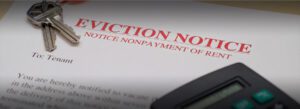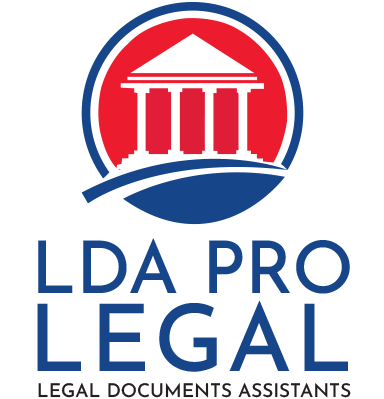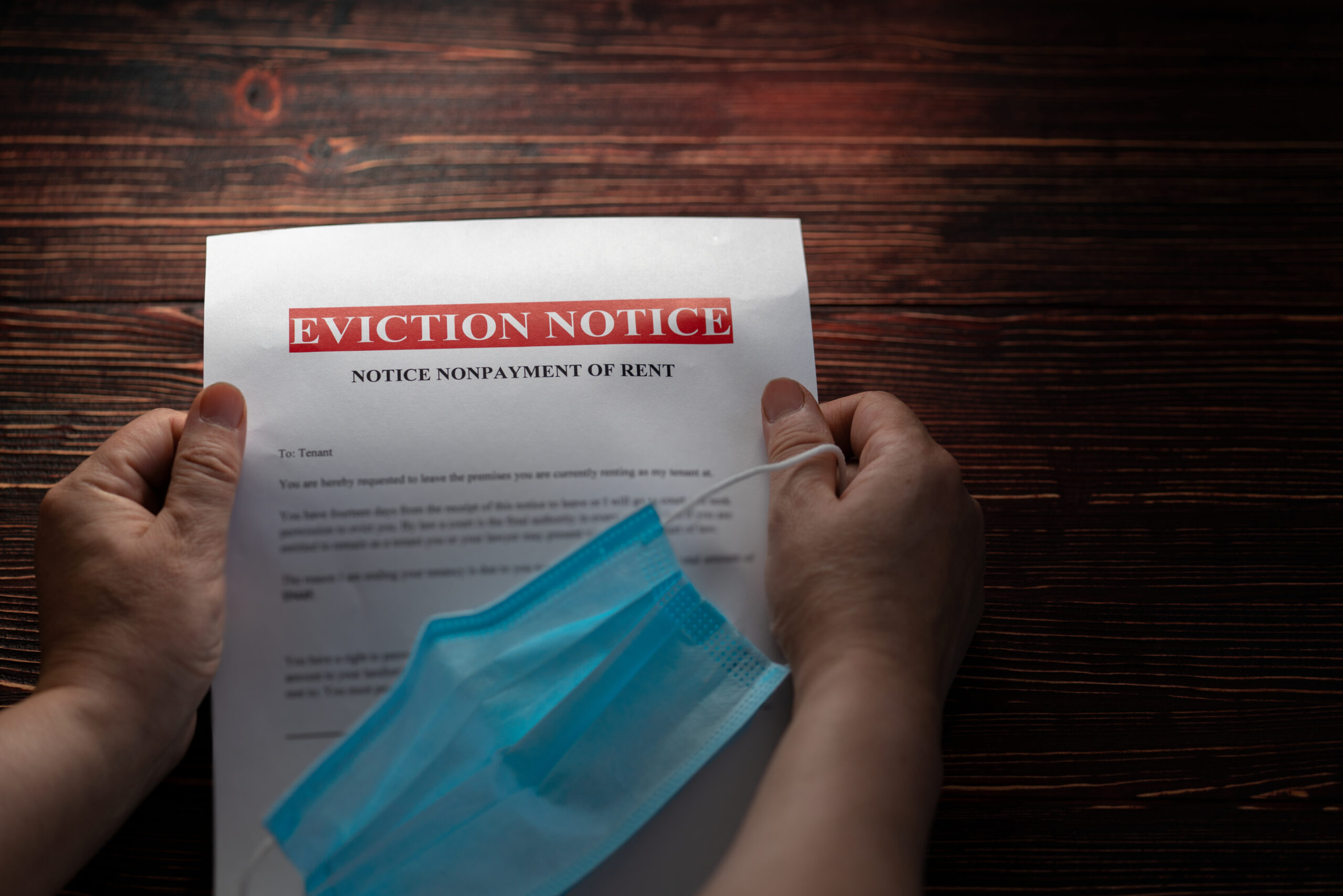COVID19 Eviction Rules and Limitations:
![]()
![]()
EVICTION
The novel Coronavirus has impacted California Real Estate in a major way. As millions of people have lost their jobs and their income, the government has stepped in to enforce rules and limitations on evictions. Our best advice for landlords at this time is to contact your mortgage lender to verify if there are any programs that may be available to you, if your renter is not paying their rent. Our best advice to renters is pay your rent! This is not a get out of jail for free card. This is simply a “differment of rental payments,” according to the most recently passed law, April 27, 2020. The law may change in the future but here is a quick summary of when and how a landlord can pursue an eviction. For homes that have goverment backed mortgages by Fannie Mae or Freddie Mac the law states:
1. All past due rent is due on May 31, 2020.
2. Landlord may issue a 3 Day Notice, along with a 120 Day Repayment Plan, after May 31, 2020.
3. The normal monthly rent and past due rent will be due at that time. For example, if your monthly rent is $1,400 and you owe March, April, and May’s rent your payment plan moving forward for June 1, 2020, will be $1.400 plus $1,050 ($4,200 total rent due / 4 months = $1,400) = $2450 for June, September, October, and November’s Rent. On December 1, 2020, your rental payments will go back to $1,400 per month.
4. Notice To Vacates, can not be issued until after July 27. 2020. Unless there is a health and safety issue, which the law does not clearly state what constitutes as a health and safety issue.
5. New Summons / New Eviction Cases, will not be issued until the end of August or September 1, 2020. If you have a 3 Day Notice that the tenants have not complied with, that was served after May 31, 2020, you can not pursue an eviction case until the end of August or September 1, 2020.
This law is scary to say the least for landlords and tenants. This is going to create so much chaos and there will be a ton of homeless people who can’t pay their rent or mortgage. There has to be a better plan that lawmakers can come up with, but until then, these are the facts.
In An Article Published By Car.Org and The Department Of Real Estate, Property Management and COVID-19:
Eviction Rules and Limitations
This is a brief summary of limitations on evicting tenants in California as of the Revised by date below. These rules
and regulations are changing by the day, and sometimes by the hour and do not cover the many various local laws.
Landlords, property managers, and tenants are all advised to seek specific advice of a real estate attorney familiar
with the most up-to-date laws of the jurisdiction where the property is located.
Judicial Council Emergency Order Halts Evictions Lawsuits (April 6, 2020): The Judicial Council of California has
taken broad action and halted all eviction lawsuits – residential and commercial – statewide. This order: (1) Prohibits
issuing any summons for unlawful detainer (2) Prohibits the entry of any default judgment, and (3) Postpones all
trials for 60 days from the initial date of trial. The emergency order remains in effect for at least 90 days after the
governor lifts the state of emergency or until amended by the Judicial Council, meaning this order will likely be in
effect through at least August 2020.
Governor’s Moratorium on Evictions for Nonpayment of Rent and Halting Lock-Outs (March 27, 2020): The
governor’s moratorium bans the enforcement of eviction orders for residential renters affected by COVID-19
through May 31, 2020. Landlords may not evict tenants for nonpayment of rent, and law enforcement or courts may
not enforce evictions. Tenants must declare in writing, no more than seven days after the due date, that they cannot
pay all or part of their rent due to COVID-19. Technically this order still allows an eviction to be filed, but the tenant
would not have to answer for 60 days. The tenant must retain documentation but is not required to submit it to the
landlord in advance. Also, the tenant remains obligated to repay the full rent in a timely manner once the
moratorium is lifted. What is considered a timely manner may depend on the city or county where the property is
located.
CARES Act Eviction Moratorium on All Properties Secured by a Federally Backed Loan (March 27, 2020): The
CARES Act imposes a 120-day moratorium on residential tenant eviction filings. Owners of a “covered property” may
not file an eviction for nonpayment of rent or other fees or charges, or charge late fees. This restriction is not
limited to nonpayment due to a COVID-19-related circumstance. The CARES Act moratorium applies to “covered
property” secured by a “federally backed” loan including both “single-family” and “multifamily” properties and will be
in effect until July 25, 2020. Additionally, rental property owners may not issue a notice to vacate until after July 24,
2020.
Get In Touch
Email Us
Call or Text
Start Online
In Office
Appointments Available
By Appointment Only
Over 100 City and County Ordinances Establishing Eviction Moratoria for Non-Payment of Rent: Many cities
and counties have placed their own restrictions on evictions for when a tenant has not paid rent due to a COVID-19
related issue. Even though these local ordinances primarily protect residential tenants, they may cover both
commercial and residential properties. Each ordinance may also have a different time frame for the tenant to repay
the unpaid rent amounts.
Court Closures and Sheriffs’ Non-enforcement of Lock-out Orders: Almost every county in California has
temporarily closed their courts or limited their hours of operations. The California Chief Justice also issued an order
on March 20, 2020, suspending all jury trials and civil hearings. The practical effect is that, even without moratorium
orders, eviction actions often cannot be filed, or would be postponed if already filed, and default judgments are not
being processed. Even if a judgement ordering possession for the landlord has been obtained, many counties are
not enforcing lock-out orders. Please check your local courts to verify closures, hours of operation and types of
cases being handled, as each court is different.
Law Revised 04/27/2020
Feel free to post any questions , comments, or updates. We would love to hear from you
, comments, or updates. We would love to hear from you



